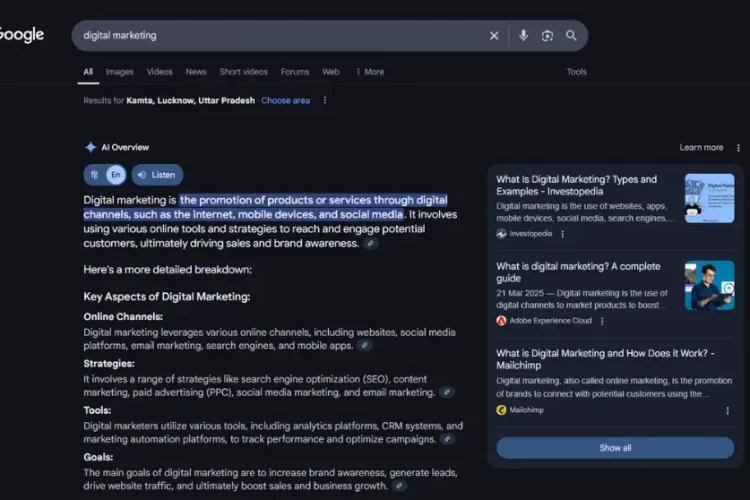
Creating a robust online presence is crucial for individuals and creative digital agency alike. Reputation management plays a pivotal role in shaping how you are perceived in the vast online landscape. Let’s look into the essentials of cultivating a strong digital footprint and how effective reputation management contributes to this behavior.
Understanding Reputation Management
Reputation management involves controlling and influencing how others perceive you or your brand online. It goes beyond managing reviews; it encompasses your overall digital identity. In a world where people turn to the internet for information, your online reputation significantly impacts your credibility and success.
Crafting a Positive Digital Image
Optimize Your Online Profiles: Ensure your social media profiles and websites reflect accurate and positive information about you or your business. Use professional and engaging visuals to make a lasting impression.
Consistent Branding: Maintain consistency in branding across different platforms. A cohesive visual identity and messaging help in creating a memorable and trustworthy image for any creative digital agency.
Engage with Your Audience: Actively participate in online conversations. Respond to comments and reviews graciously. Building a connection with your audience fosters a positive perception.
Addressing Negative Feedback
Timely Response: If you encounter negative reviews or comments, address them promptly. A swift and thoughtful response demonstrates accountability and a commitment to customer satisfaction.
Seek Resolution Privately: When possible, take sensitive conversations offline to resolve issues privately. This showcases professionalism and a genuine interest in resolving concerns.
Learn and Improve: Use constructive criticism as an opportunity for growth. Learn from feedback, make necessary improvements, and communicate these positive changes.
Building Credibility and Trust
Showcase Expertise: Share valuable content that highlights your expertise. Whether through blogs, articles, or social media, positioning yourself as an authority in your field enhances credibility.
Encourage Positive Reviews: Satisfied customers can be your greatest advocates. Encourage them to leave positive reviews, bolstering your online reputation.
Transparency Matters: Be transparent about your values, mission, and business practices. Authenticity builds trust, and consumers are more likely to engage with transparent and honest brands.
Utilizing Online Tools
Google Alerts: Set up Google Alerts for your name or brand. This tool notifies you whenever your name is mentioned online, enabling you to stay informed and address matters promptly.
Social Media Monitoring: Regularly monitor social media channels for mentions of your brand. Respond to comments, both positive and negative, to actively manage your online image.
Professional Help: Consider leveraging professional reputation management services. These experts employ strategies to enhance your digital presence and mitigate potential reputational risks.
Conclusion
A strong online presence is a valuable asset in our digital-centric world. Effective reputation management is not about eliminating negative feedback but about crafting a narrative that showcases your strengths and commitment to improvement. By actively participating in shaping your online image, you can foster trust, credibility, and success in the virtual world.


